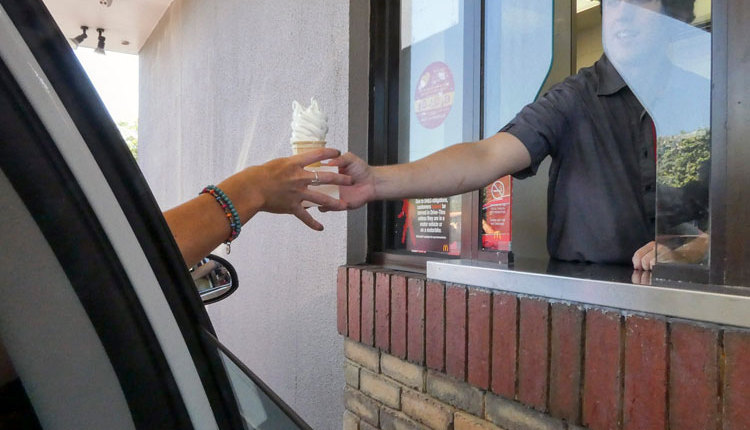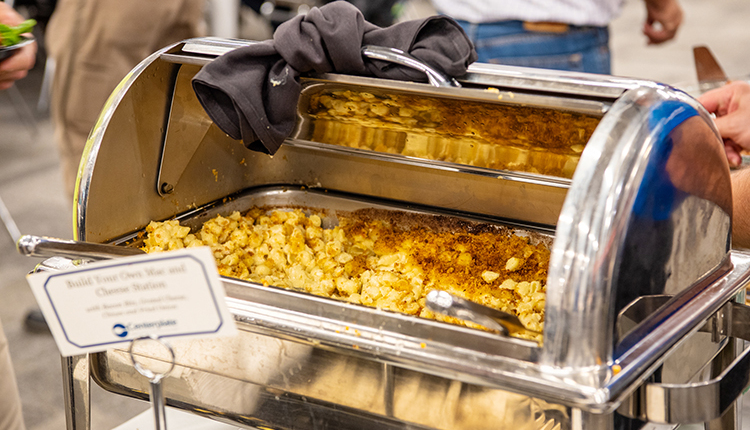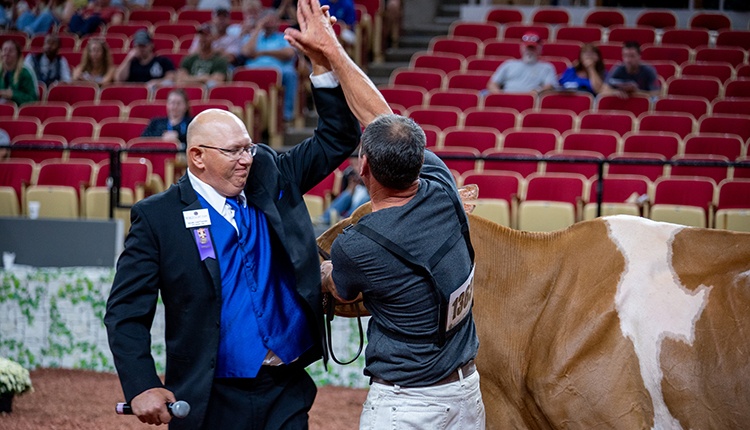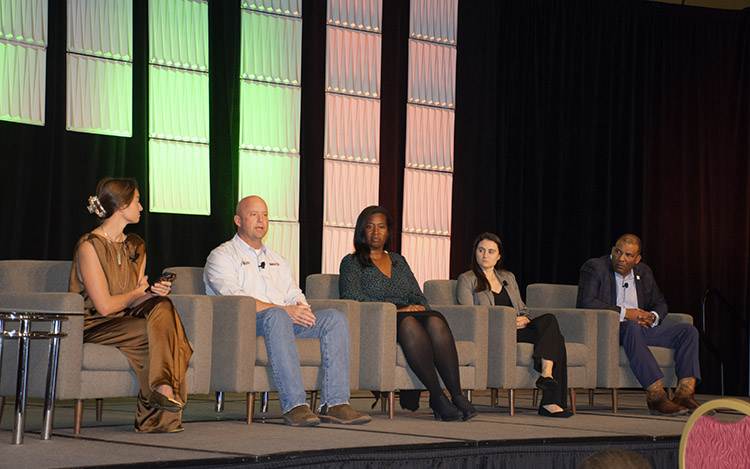
My son is three years old, and right now, his sights are set on one career: a farmer. He has spent enough time on my family’s farm to be intrigued by the job and quite knowledgeable about dairy farming for a little guy.
Over the next fifteen years, countless factors will shape and change his interests and future goals, and whatever career paths he explores will be fully supported by me. I do love, however, that he already feels a connection to agriculture at such a young age.
For many of us who did grow up to become farmers or work in the agriculture industry, we were fortunate to have role models who walked a similar path that we could look up to. However, that is not the case for all; not everyone who works in an agriculture career grew up with a farming family. This is also true for farmers who are a different race than the predominately white agricultural population.
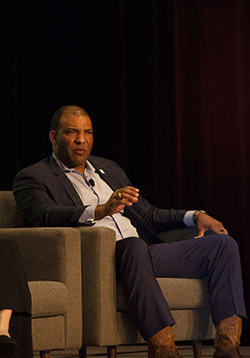
Haynie explained that, even after he graduated college and was farming for nearly a decade, he did not know one other black row crop farmer operating on a similar scale as his family. Furthermore, their rice mill is the only minority-owned rice mill in the country.
It wasn’t until years later that he had the opportunity to attend a meeting where he met some peers with the same ethnic background, and he realized they all shared similar challenges but were living on islands.
A goal of the National Black Growers Council is to create a platform where the underserved can be heard. He shared that black farmers make up less than 2% of the entire farm population, and these farmers often find themselves at a disadvantage. As one example, Haynie said these farmers may be underserved by salespeople and consultants, missing out on rebates, payment options, and more. He said they are often not at the table when it comes to organizations making decisions that impact farmers.
“Having a network is vital. It is one of the most valuable tools in my toolbox today,” he said. “If we can protect the current herd and provide opportunities, the network will grow.”
Haynie often looks to the future, for both his own children and others who may want to pursue agriculture careers.
“We are trying to create a platform where youth, young men and women, the future of ag, can see diversity,” he said. “We want diversity in the industry to be as diverse as the mouths around the table eating every day.”
Haynie believes the future of agriculture is bright, but we need to create a platform to make it exciting and interesting for future farmers. “We have to make ag sexy to make young people really want to get involved,” he stated. He emphasized the importance of allowing young people to see the technology being used on farms to help excite them about the future.
This “open gate” policy extends to consumers, too, who Haynie believes don’t realize how much work goes into putting food onto their tables.
“They don’t understand the elements we face, the volatility with weather, prices, insects, and so forth. We live in an uncontrollable environment,” he said. “We need them to understand why we do what we do and what it takes to deliver food, fiber, and fuel to feed the world.”
As we head into a future where there will be fewer “farm kids” to fill these important roles, Haynie’s message on diversity is an important one. Whether it is a tractor-loving toddler or a teenager who grew up in the inner city somewhere, we need young people of all backgrounds and ethnicities to be excited about agriculture and help feed the world.
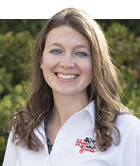
The author is the senior associate editor and covers animal health, dairy housing and equipment, and nutrient management. She grew up on a dairy farm near Plymouth, Wis., and previously served as a University of Wisconsin agricultural extension agent. She received a master’s degree from North Carolina State University and a bachelor’s from the University of Wisconsin-Madison.






